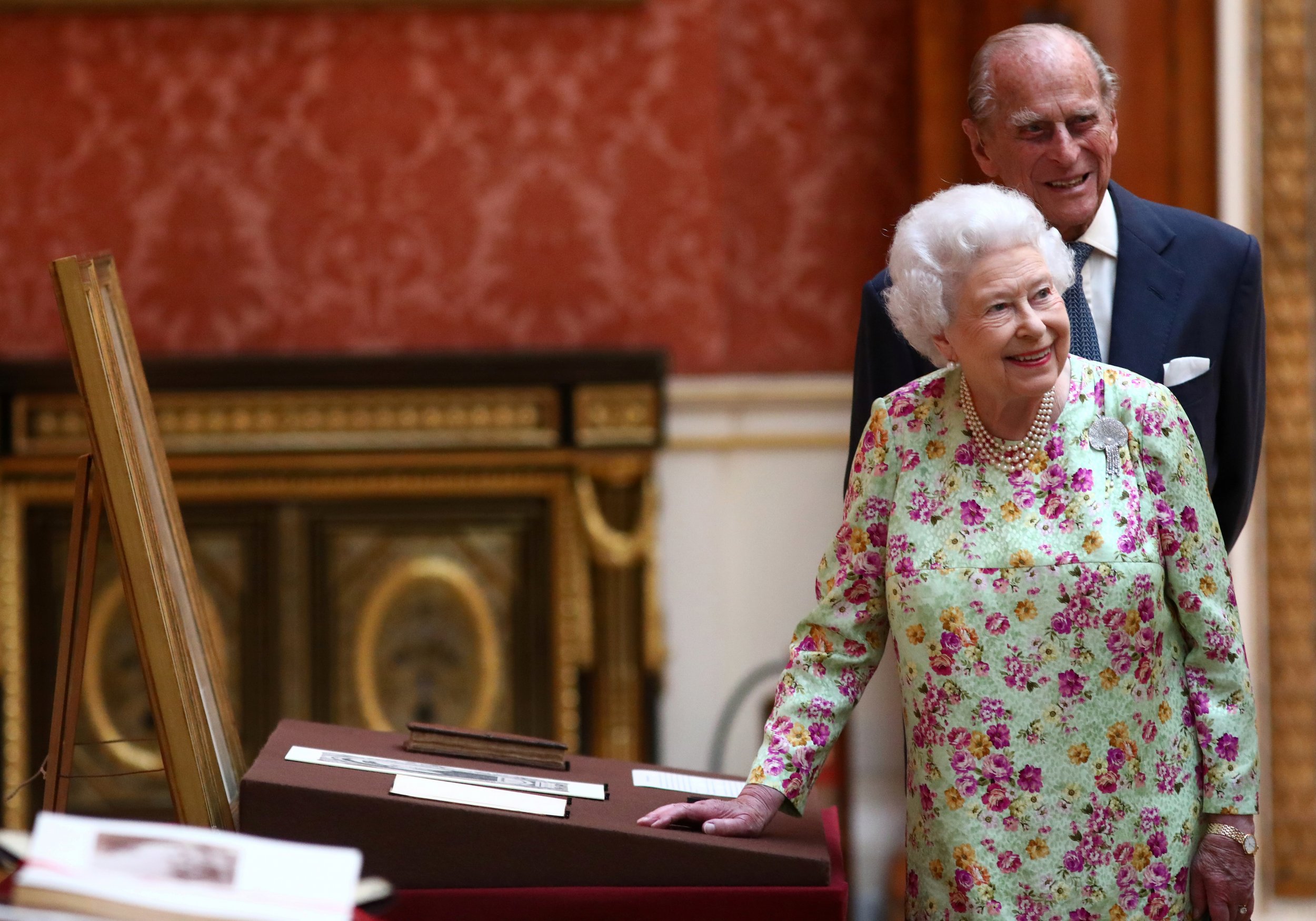
Newsweek published this story under the headline "'I Wish You Would Go Away" on January 19, 1981. In light of recent events involving the queen, Newsweek is republishing the story.
Elizabeth II was most definitely not amused. While she stalked pheasant in the woodlands surrounding her Sandringham estate, a gaggle of reporters and photographers stalked her, disrupting the British monarch's private winter holiday, frightening the horses--and ultimately provoking a rare royal temper tantrum. "I wish you would go away," the Queen finally yelled at the overeager journalists. Queen Elizabeth is normally the most patient public personage in Britain. But the Siege of Sandringham, as it has become known, has strained relations between the palace and the press to the breaking point. Journalists argue that their new aggressiveness is nothing more than a long overdue corrective to decades of excessively deferential coverage. In the 1930s, they note, Fleet Street was so respectful of royal privacy that the British people were the last in the world to learn of Edward VIII's romance with Wallis Simpson. And while the British press has not been reluctant to speculate about the current Prince of Wales's marriage prospects, it has made a point of not following up Charles's more private romantic entanglements. But traditionalists dismiss such justifications as selfserving. They complain that the monarchy's mystique is being undermined by unseemly coverage and sordid publicity, while the royals themselves proclaim that they are losing their most cherished prerogative: the right to be left alone.
Virtue: The royal family is particularly upset about Fleet Street's apparently insatiable appetite for stories about Charles, 32, and Lady Diana Spencer, 19--Fleet Street's latest nominee to become the next Queen of England. Reporters have written about everything from the prospect of a royal marriage to the question of Diana's virginity. (The consensus: virtue is intact.) Charles has been so annoyed at the coverage that he recently confronted a band of journalists that had been tracking him at Sandringham. "May I take this opportunity to wish you all a very happy new year," he told them, "and your editors a particularly nasty one."
Other members of the royal family are equally testy. A reporter for the Sun says a hunting party that included Charles and Prince Philip peppered her car with shotgun pellets. And a Daily Mirror photographer took umbrage when he was walking on a public road near the family estate and Prince Edward, 16, warned him away from the hunting grounds. "I wouldn't stand there," the Prince said. "You could get shot."
Defenders of the monarchy say that common reporters have no business prying into royal affairs--or nonaffairs. "I think it's rather sad," said Harold Brooks-Baker, managing director of Debrett's Peerage, the Who's Who of the British aristocracy. "Soon we are going to find out what kind of toothpaste Prince Charles uses." The Daily Mirror disagreed. "Publicity is part of the price they pay for their privilege," the paper contended. "If Lady Diana Spencer is to become the future Queen of England, she cannot expect to be Greta Garbo."
The palace was trying to play down its difficulties with the press last week. "I think it's a temporary thing," said Michael Shea, the Queen's press spokesman. "There is-and always has been--about 5 per cent of the coverage in some of the popular national newspapers that is snide." Journalists say the Queen and her family should worry only when the family troops off for five weeks and the press doesn't. "The royals may be fed up to the teeth," said the Mirror editorial, "but if indifference ever replaced curiosity, then the monarchy itself would be under threat." Judging by last week's coverage, the crown is still safe.
Uncommon Knowledge
Newsweek is committed to challenging conventional wisdom and finding connections in the search for common ground.
Newsweek is committed to challenging conventional wisdom and finding connections in the search for common ground.
About the writer
To read how Newsweek uses AI as a newsroom tool, Click here.








